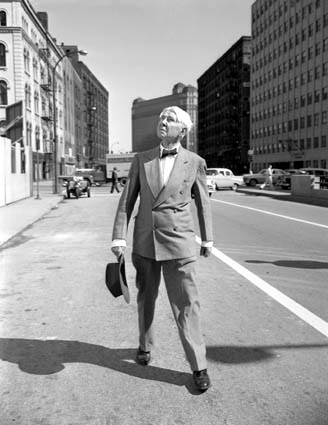Of all the poems I read as child, Carl Sandburg’s “Chicago” is the one that stays with me most: “Hog Butcher, Tool Maker, Stacker of Wheat, Player with Railroads.” No place of a complicated nature could ask for a better defense.
Today, Chicago, like most global cities, is more complicated still, a home to stunning wealth inequality, a place of thriving and one of falling, and one connected more to ideas than geography. It’s not just crowded with markets but a market itself.
At the Financial Times, Edward Luce writes of its “two-city tale.” The opening:
They call Chicago the city of big shoulders. Much like Dubai’s emergence from virtually nowhere in the last 20 years to become a global city, Chicago pulled itself up from its bootstraps in the mid-19th century to turn into America’s industrial hub.
Unlike its peers — Detroit, Cleveland and Baltimore — it survived the obliteration of America’s industrial heartlands in the past 40 years by learning to “pour new wine into old bottles,” in the words of Richard Longworth, a leading chronicler of today’s Chicago. Where once it thrived on slaughtered hogs, smelted iron and freight trains, now it hosts corporate headquarters, boasts new economy start-ups and links to other global hubs via O’Hare airport. Today’s Chicago prefers to benchmark itself against Shanghai, São Paulo, Paris — and, yes, Dubai. But is it paying too little heed to what is under its nose?
The fate of a city’s hinterland is one that haunts every great metropolis. For London, it is the rest of the UK which sometimes feels like a different country. For Dubai, it is the Wahhabi heartlands of the Arabian peninsula. For Chicago it is the US Midwest.
In the past, Chicago acted as the locomotive of its hinterlands — in Mr Longworth’s words — buying the Midwest’s farm produce and other raw commodities and then converting them into products. The city was linked umbilically to its surrounding geography and vice versa. Today, it mostly hovers above its hinterlands. But in some ways it is also parasitic on them. Much like the giant sucking sound of London hoovering up the UK’s talent, Chicago takes the best and the brightest from the small towns of America and plugs them into the global economy. Chicago’s success is no longer symbiotic with its rural neighbours. In some ways it comes at their expense.•
Tags: Edward Luce

